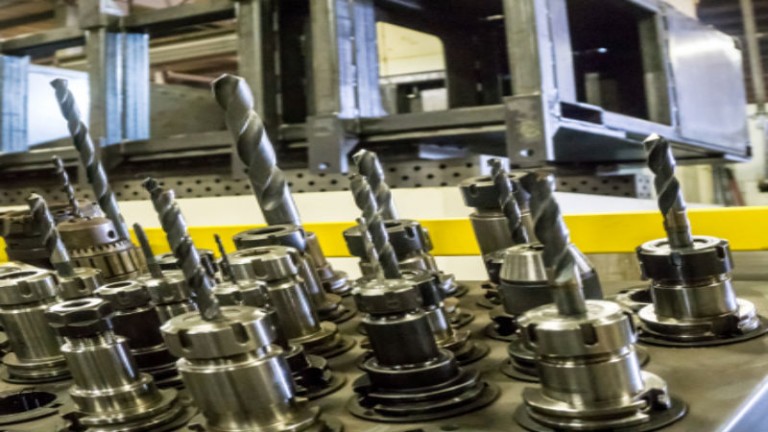As a person not adept to technicalities of manufacturing, it is understandable that fluoropolymer coating seems almost alien. However, given its popularity, you have already been more or less exposed to this specific material.
So What is Fluoropolymer Coating?
It would be difficult to explain what fluoropolymer is without discussing polymers. At its simplest, polymers are chemical compounds that are made up of molecules with low mass. Everyday polymers include plastic, wool and rubber.
Fluoropolymer is a type of polymer, which was developed in the 1930s, with special functions. Fluoropolymer coatings have strong carbon-fluoride bonds. This means that this type of polymer does not easily bond with other materials. Popular fluoropolymer products you might have already come across include Teflon, Fluon and Xylan.
What Materials Utilize Fluoropolymer Coating?
This product, although you may not have noticed it, is present in everyday materials that we use at home, at work, and in our business. In fact, several industries heavily use this type of coating.
- Wiring and Insulation
Fluoropolymer coatings for wiring are usually used in the aviation industry. This product protects the wires that spread across the aircraft. The protection is yet another safeguard against fires. This type of coating is instrumental in making cross-country flights safer. - Food Industry
Because of the chemical compound’s resistant qualities, fluoropolymer coating is used to line pans, molds, pots and trays that are non-stick. Fluoropolymer coating makes cooking and cleaning up faster and less of a hassle. Popular brands that use this coating include the world famous, Teflon. - Automotive Industry
Car parts are lined also use this product in order to prevent corrosion from normal wear and tear. This type of coating helps maintain and extend the lifestyle of an automobile. Moreover, like with air travel, the coating helps keep roads safe.
What are the Benefits?
As opposed to the dry film lubricant alternative, this product produces a slicker, harder, and more consistent surface. Other benefits of this coating include:
- Reduced Propensity for Friction
- Improved Resistance to Wetting and Galling
- Protection from Corrosion and External Chemical Materials
This product is available online and in physical stores. When buying, make sure to check the seller’s reliability ratings as there are those who sell fake products.


